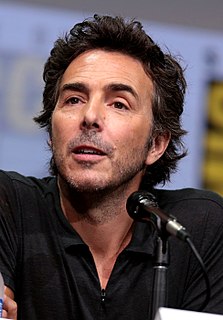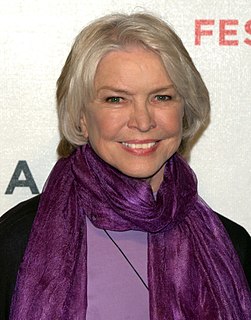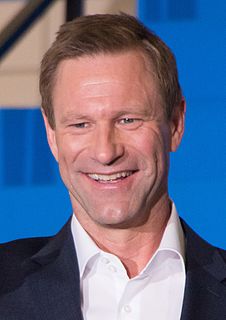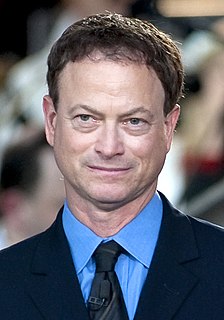A Quote by Ralph Fiennes
The actor shouldn't edit themselves or be anxious. And the actors that I admire are always the ones who are inventive and their imaginative life in free-willing. It's a director's job to go, "No here, don't do that, go there."
Related Quotes
Your job, as an actor, is never to just do what you're told. That's boring, and life is too short. It's your job to bring something, and it will either be to other people's taste or your own taste, and you have to try things out. Actors say, "Well, as long as the director's happy," but I don't believe that and I don't agree with that. I want the director to be happy, but if I'm not happy, I won't sleep at night.
The actors I was most impressed with and who were influencing my taste were all movie actors, so I always wanted to do movies but I didnt want to go to Hollywood and become a waiter in the meantime. The chances are really slim that an actor will be discovered in Hollywood. ... Ive never had to compromise myself for a job, ever.
I love the variety of films. In theater, you go into a room and the director runs the room, so you all work to his or her method. On film, if an actor or an actress is in for a day or two, the director has to get out of that actor what they need, so they have to change and adapt to that actor's technique.
Ultimately your job as an actor is to perform however you're being asked to perform and there's many different procedures as an actor that you're going to run into that you should be prepared for and be ready to go to work and do the best you can and give the director the best thing you can to hopefully give him things on that day that could be shot preserved and out into a canned, then when they go into the editing room that's where a movie's made.
All the actor does is, he tries to get as many takes as he can out of the director that day. So he can walk away and say to himself, "Hey, it's in there. I'm not going to edit it. I'm not going to make those choices. If they want to blow it, it's fine. But I've done all I can." You're right. I'm always amazed when actors bash films as if those grips and that cinematographer didn't work hard enough.
I really trust the authenticity of real people and my job is to get them to be themselves in front of the camera. Often what happens is, you'll get a newcomer in front of the camera and they'll freeze up or they imitate actors or other performances that they've admired and so they stop becoming themselves. And so my job as the director is just to always return them to what I first saw in them, which was simply an uncensored human being.




































